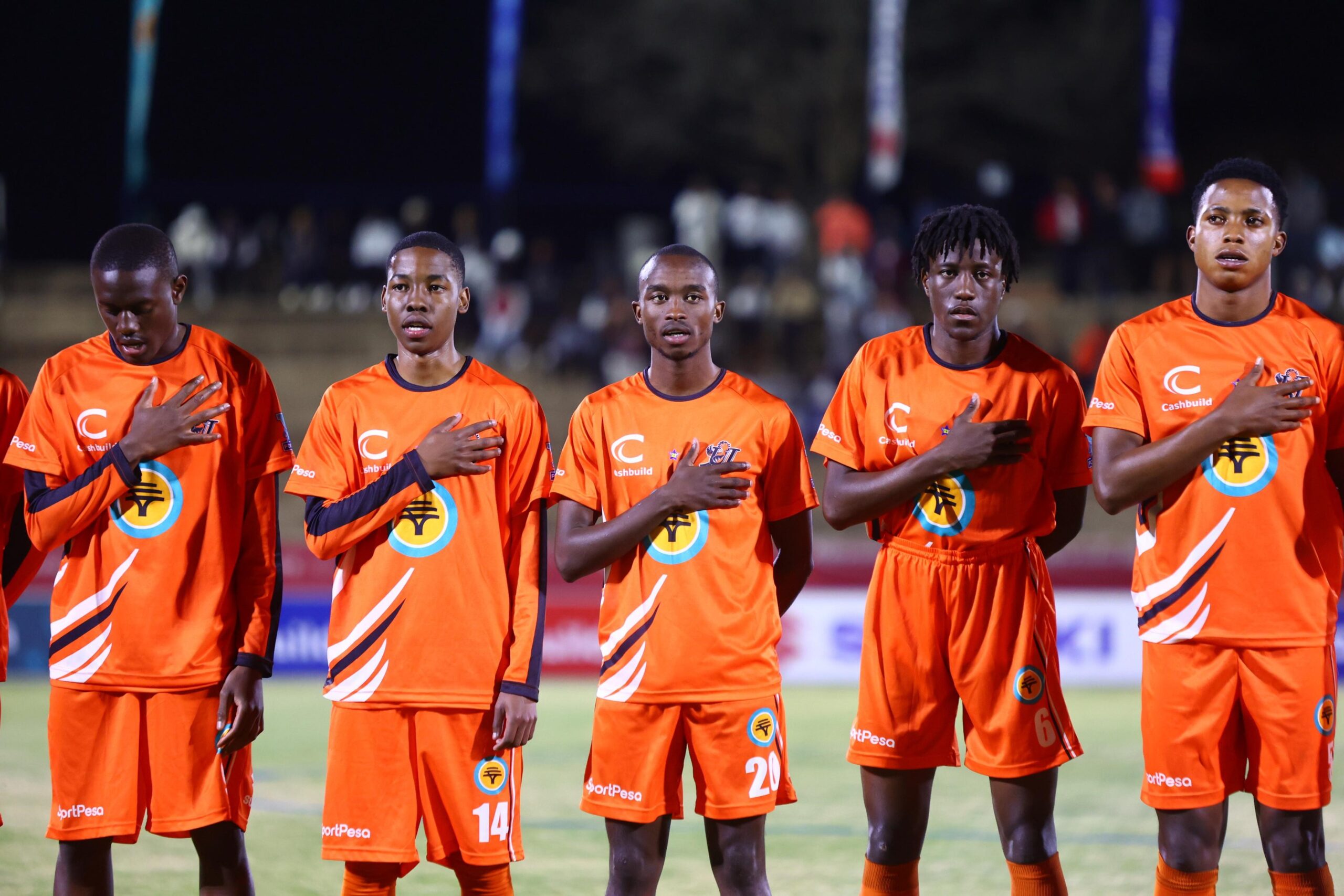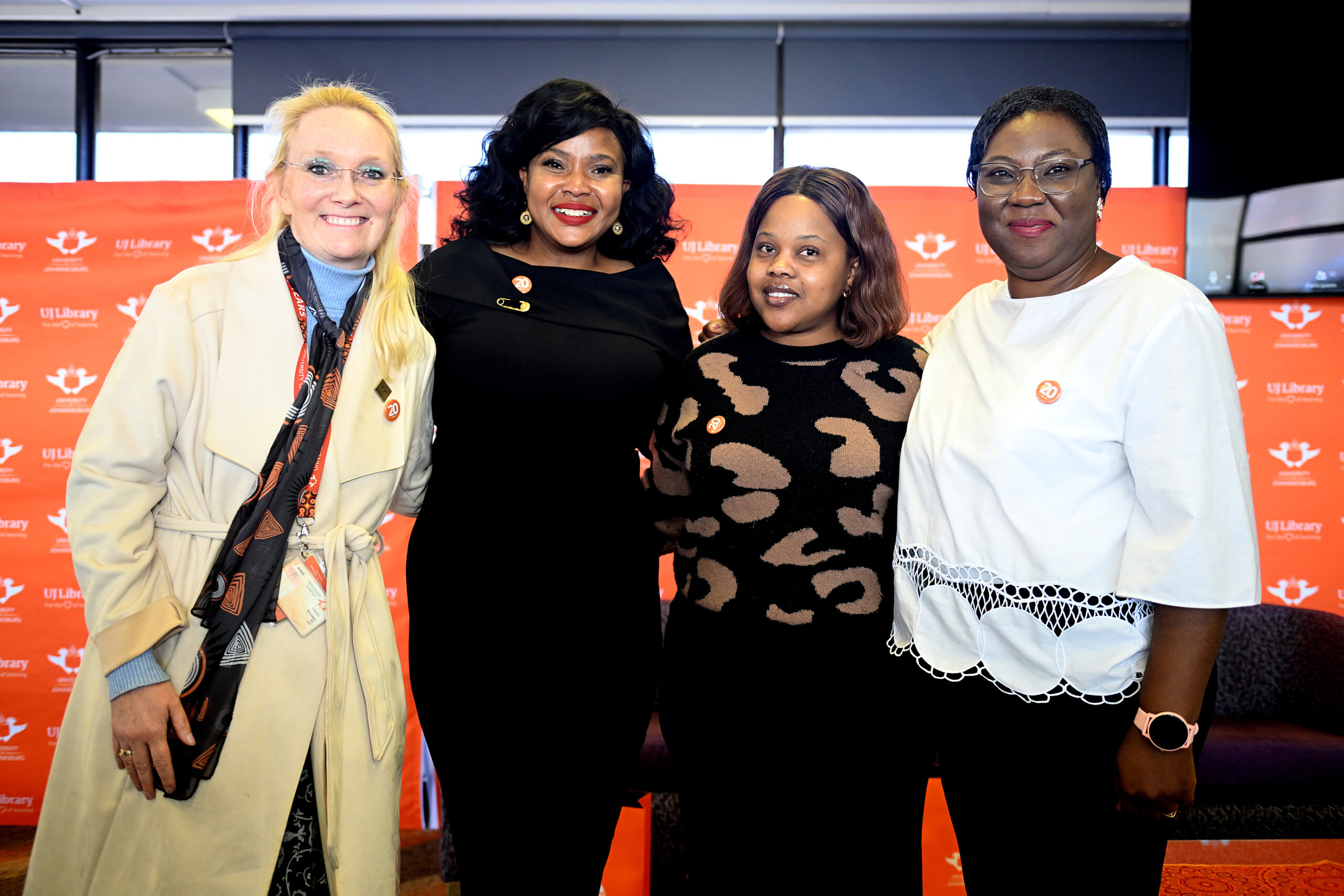Enactus UJ, a student organisation that promotes Entrepreneurship have contributed 58 750 volunteer hours empowering women in textile manufacturing, introducing an entrepreneurial mind-set at schools from as early as grade 10, organising the informal business, giving them a collective voice through South African Spaza and Tuckshop Association (SASTA) and promoting social cohesion for refugees through business skills.
Enactus UJ presented two of their six projects at the Enactus South Africa National Competition, held at the Sandton Convention Centre in Johannesburg ( 12- 13 July 2018), The team projects addressed a number of challenges faced by women in the textile industry.
According to Enactus UJ Faculty Advisors, Ms Joyce Sibeko (Lecturer in Business Management, UJ), and Ms Christa van Zyl (Lecturer in Communication Design), the initiative is the first of its kind and landed them in fifth position in the Enactus SA Competition 2018.
In 2017, the African Development Bank stated that African fashion is one of the top business opportunities for the African continent. Designers are increasing the feasibility of African fashion on the world stage and are leveraging the continents rich cultures, history, and fabrics to make bold fashion statements. The African Development Bank indicated that Africa’s fashion industry could be worth 15.5 billion dollars over the next 5 years. However, this is still only a small share of the global fashion industry’s value of 1.3 trillion dollars. Despite its current challenges, Africa’s fashion industry has the talent to create millions of jobs and significantly boost the economic growth on the continent.
Enactus UJ established the first of its kind the “African Stitch Secondary Cooperative- An international brand that promotes quality African products and services and educate the world about African cultures. Stitch products are inspired by all histories, cultures and religions in South Africa and beyond. An online shop and an app for purchasing Stitch products. The establishment of African Stitch Social Enterprise will enable the women to ride on this wave of business opportunity. Stitch brings together older and younger women in the fashion industry to take advantage of this opportunity. Since a cooperative will suit the lifestyle of the millennials and the self-employed independent women, who want to become their own bosses, they will manufacture apparel, accessories, homeware, rituals related products, church apparel and even introduce certain herbs, preserved or dry foods that are part of the African culture. Gauteng with the highest population and the most diverse population that means once the initial project launches in Gauteng, it will be franchised to the other eight provinces through universities.
The team’s victory was realised when they presented the interventions the team implemented to fast track the success of the women. After developing business plans for 16 cooperatives, they approached Oxfam for funding the model. A proposal that articulated all the activities they needed Stitch to become a reality. The budget was R339 000 and was allocated for the following – 37% training and development of the women and their coops, 13% research, 6% initial stock, 29 % initial location rental and 15% marketing promotion.
To accelerate the introduction of African Stitch to the market the team injected R20 000 capital to the youth fashion expo. They assisted Lindiwe Molefe, the young designer and PR for Stitch to introduce her label “Lilymo” to the African young market.
In August 2018, Enactus UJ will be assisting cooperative designer labels to produces five pieces under the theme theme “Stitching an Afropolital brand”.
This project will be creating employment for both the students and the women in the near future from all collaborating disciplines. The African Stitch Secondary Cooperative has more than 160 members and still recruiting more members from all provinces. To be a member you can buy shares for @R500 each, a minimum of 10 share as a member or as a primary cooperative. A monthly subscription of R100 per person is paid. These funds enable the women to take orders at any time as they can access capital from stitch at all times.
“As an incubator of future fit leaders the values espoused in entrepreneurial practice is a cornerstone of UJ’s educational approach. Our students’ performance was exceptional, as the level of competition was incredibly high. Our team competed against teams representing top South African universities,” says Ms Sibeko.
Sibeko concludes: “I’m grateful that the entrepreneurial actions of the University have been recognised. It would not have been possible if it was not for the exceptional lecturing staff at UJ and all the support received from the entire University.
ENACTUS refers to:
Entrepreneurial – igniting business innovation with integrity and passion
Action – the experience of social impact that sparks social enterprise.
Us – student, academic and business leaders collaborating to create a better world.



